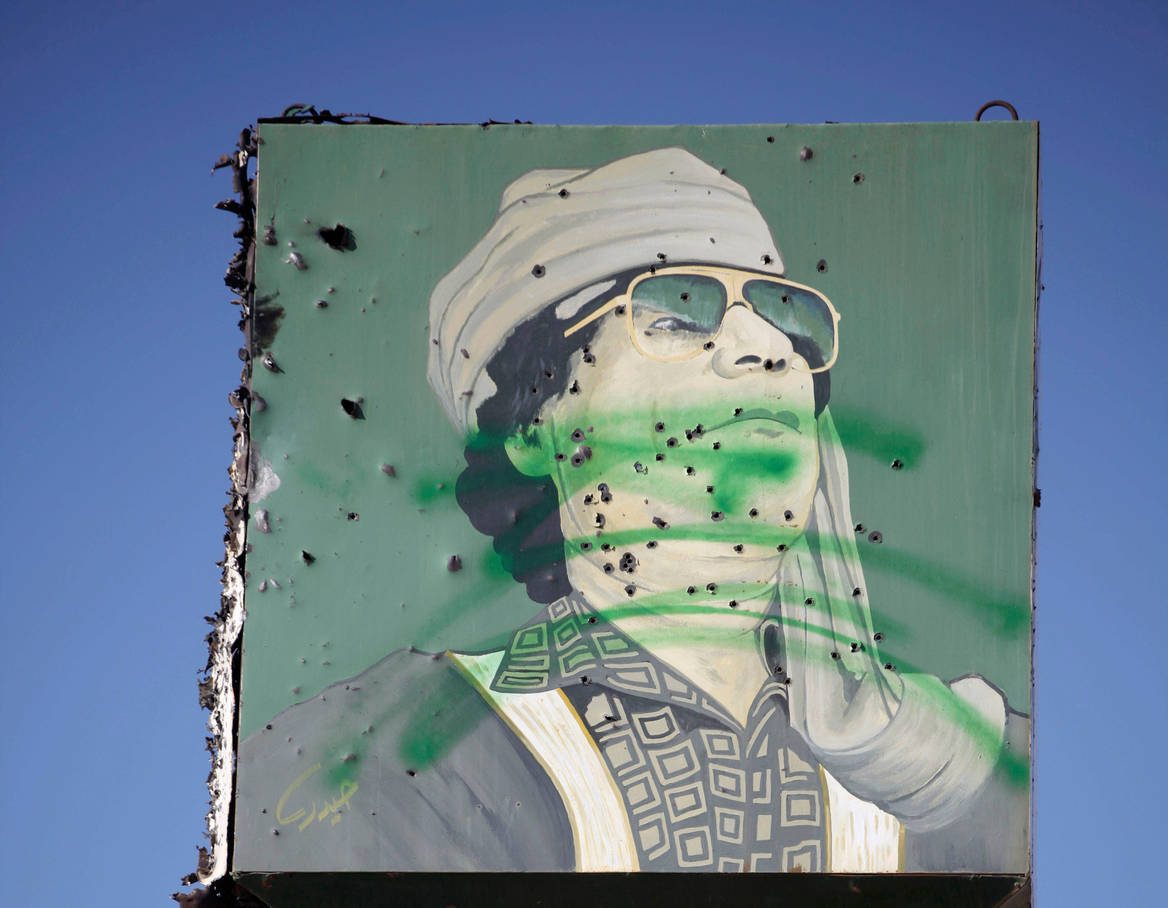Short War, Long Shadow: The Political and Military Legacies of the 2011 Libya Campaign
The seven month campaign over Libya, while a resounding military success, may offer little in the way of a model for future interventions
In spring 2011, Western military operations, backed by the Arab League, began against the regime of Muammar Qadhafi. Libyan rebels, after being penned in by the regime, began to take ground and ultimately deposed Qadhafi seven months later. But with all eyes on Syria, does Libya offer a new model for intervention?
'Short War, Long Shadow’ analyses the political and military legacies of the seven month campaign over Libya in 2011. The report argues the Libyan operation is likely to go down in history as a strategic footnote, rather than a new model of intervention. While a resounding military success, the political circumstances of the intervention seem to have been a one-off case, and indeed may have some troubling implications for the fledgling concept of the Responsibility to Protect.
This Whitehall Report brings together a selection of RUSI experts to consider the strategic decision-making processes in the UK and among its chief ally in the campaign, France; assess the military dimension of the campaign to topple Qadhafi; and analyse the regional political context and international legal framework under which the operation was conceived and conducted.
Including chapter contributions by Michael Clarke, Alastair Cameron, Jonathan Eyal, Michael Codner, Shashank Joshi, Lee Willett, Elizabeth Quintana, David Roberts and Mark Phillips. Edited by Adrian Johnson and Saqeb Mueen.

